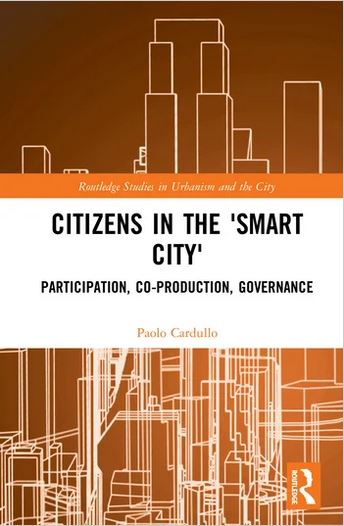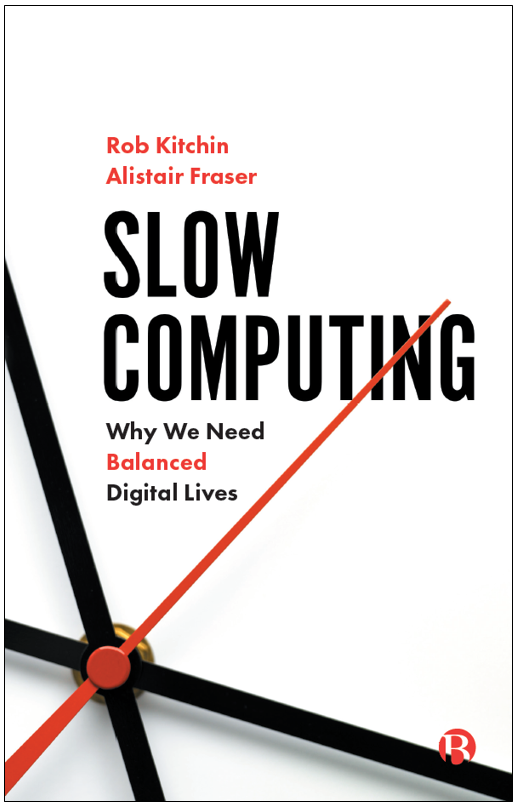
Citizens in the ‘Smart City’: Participation, Co-Production, Governance
By Paolo Cardullo
Published by Routledge; ISBN 9780429438806
This book critically examines ‘smart city’ discourse in terms of governance initiatives, citizen participation and policies which place emphasis on the ‘citizen’ as an active recipient and co-producer of technological solutions to urban problems.
The current hype around smart cities and digital technologies has sparked debates in the fields of citizenship, urban studies and planning surrounding the rights and ethics of participation. It also sparked debates around the forms of governance these technologies actively foster. This book presents new socio-technological systems of governance that monitor citizen power, trust-building strategies, and social capital. It calls for new data economics and digital rights for a city founded on normative ideals rather than neoliberal ones. It adopts a normative approach arguing that a ‘reloaded’ smart city should foster citizenship as a new set of civil and social rights and the ‘citizen’ as a subject vested with active and meaningful forms of participation and political power. Ultimately, the book questions the utility of the ‘smart city’ project for radical municipalism, proposing a technological enough but more democratic city, an ‘intelligent city’ in fact.
Offering useful contribution to smart city initiatives for the protection of emerging digital citizenship rights and socially accrued benefits, this book will draw the interest of researchers, policymakers, and professionals in the fields of urban studies, urban planning, urban geography, computing and technology studies, urban politics and urban economics.



